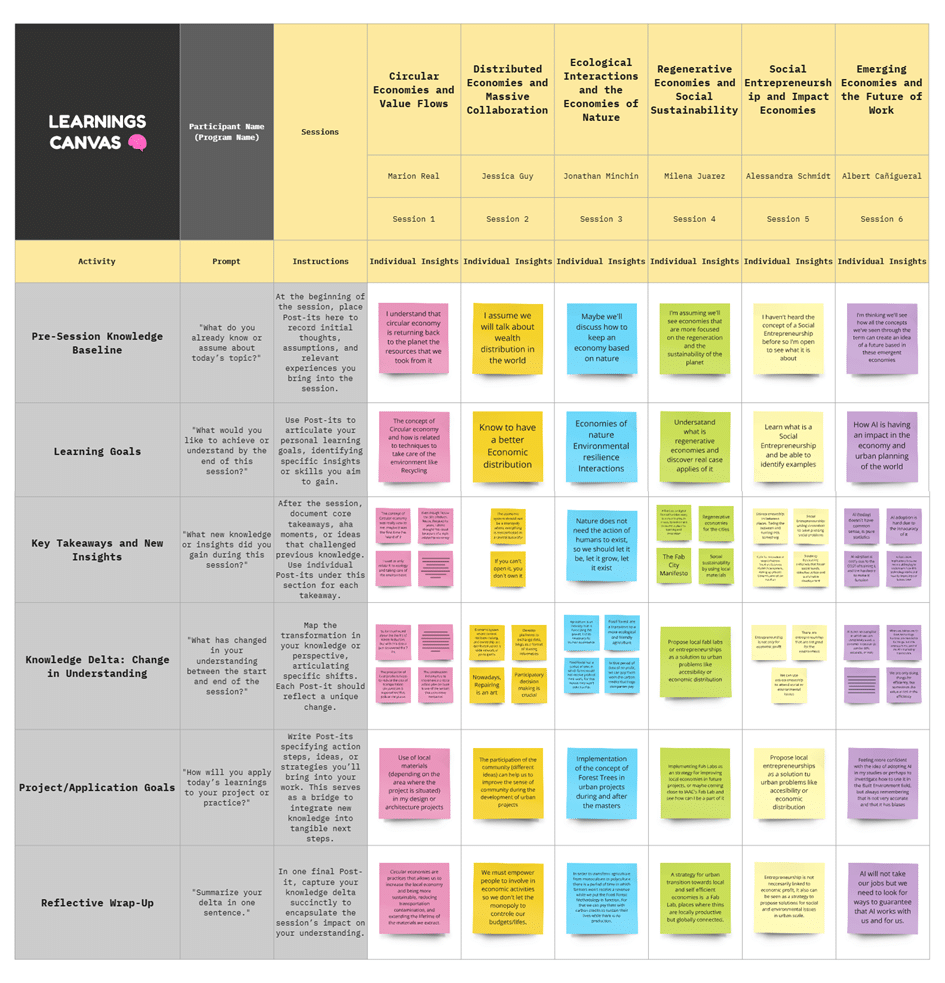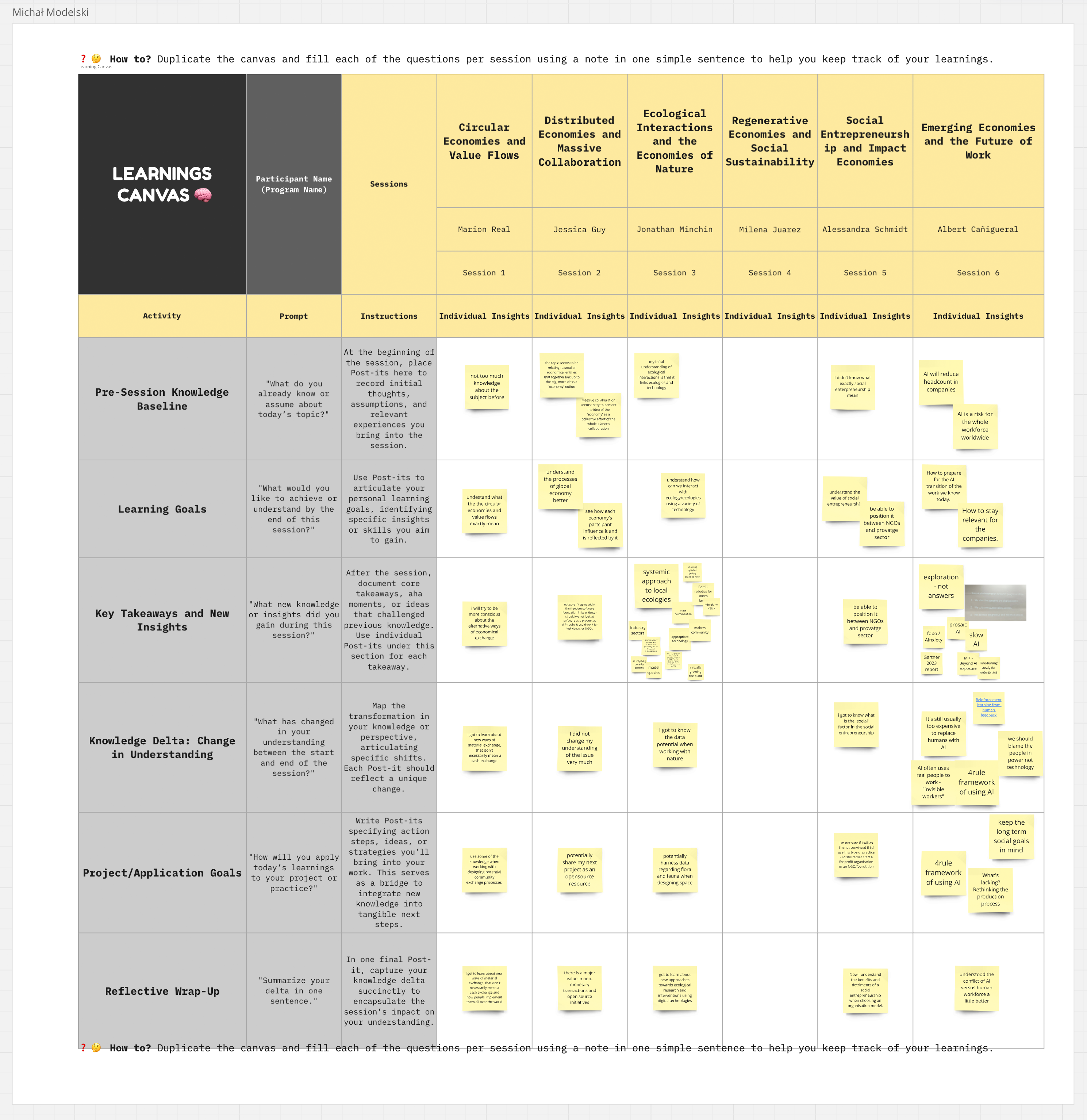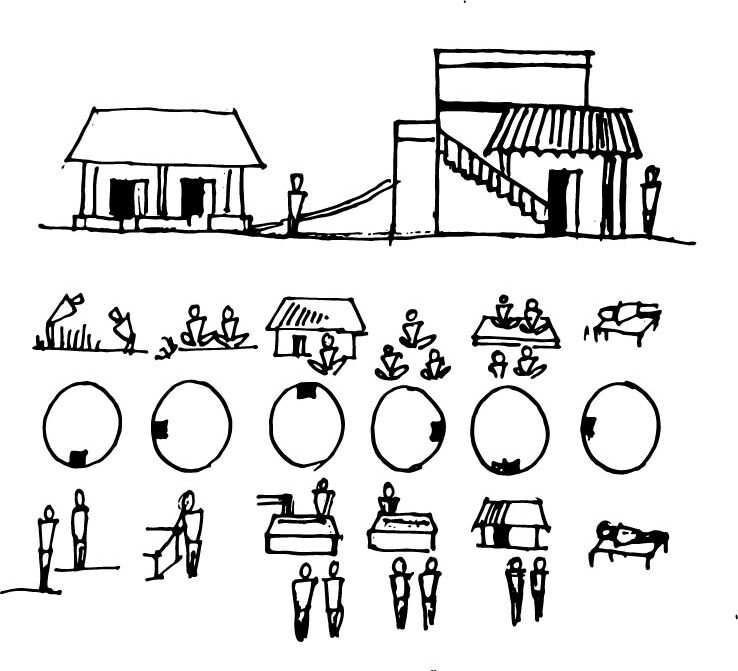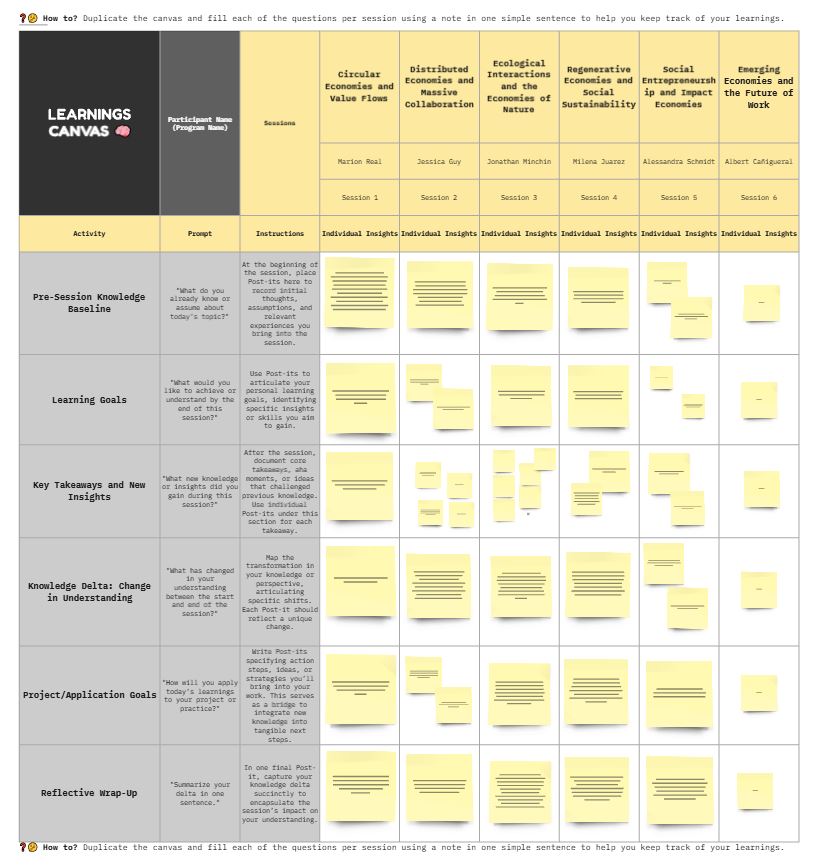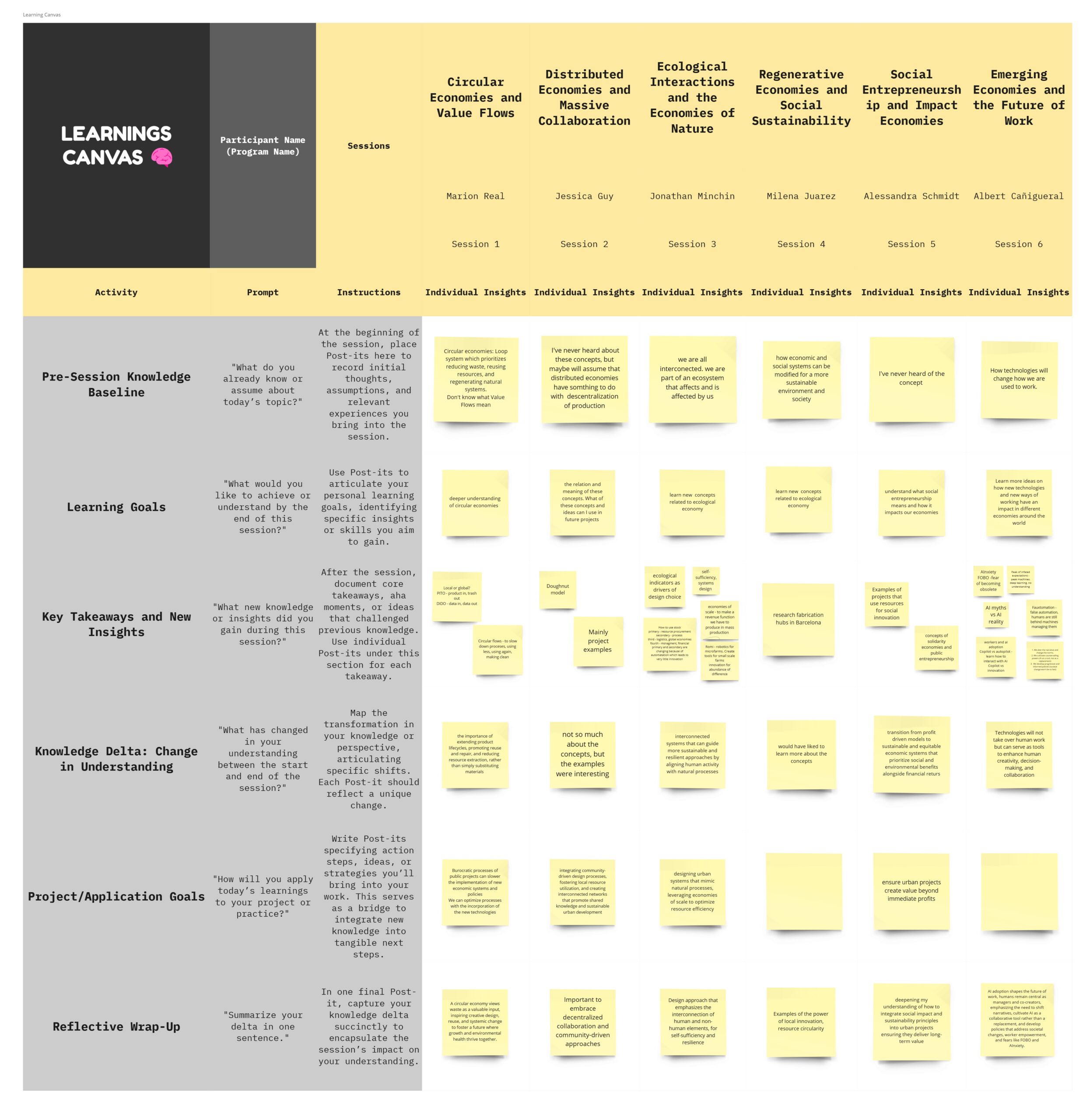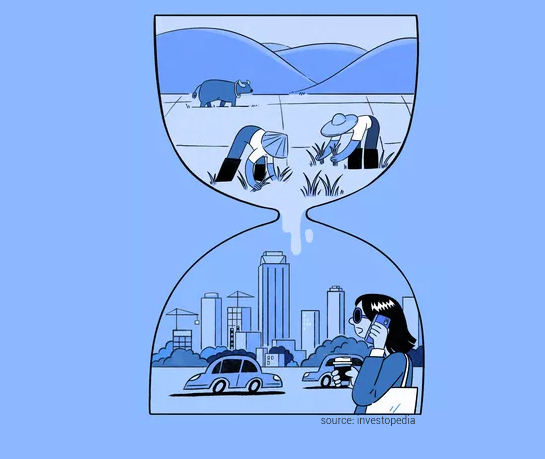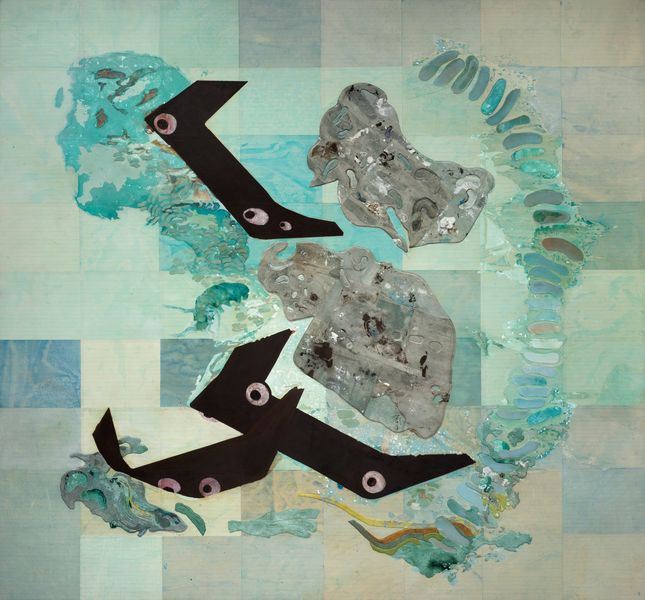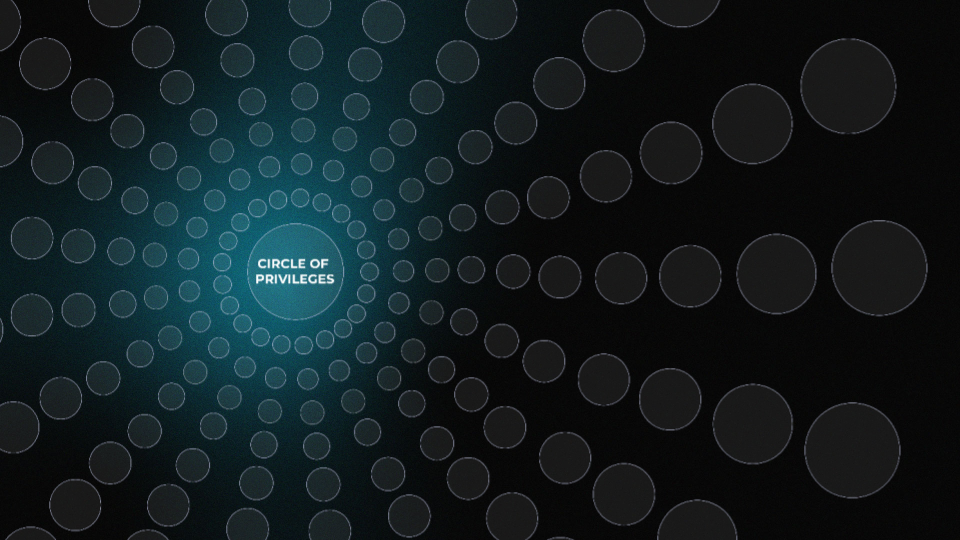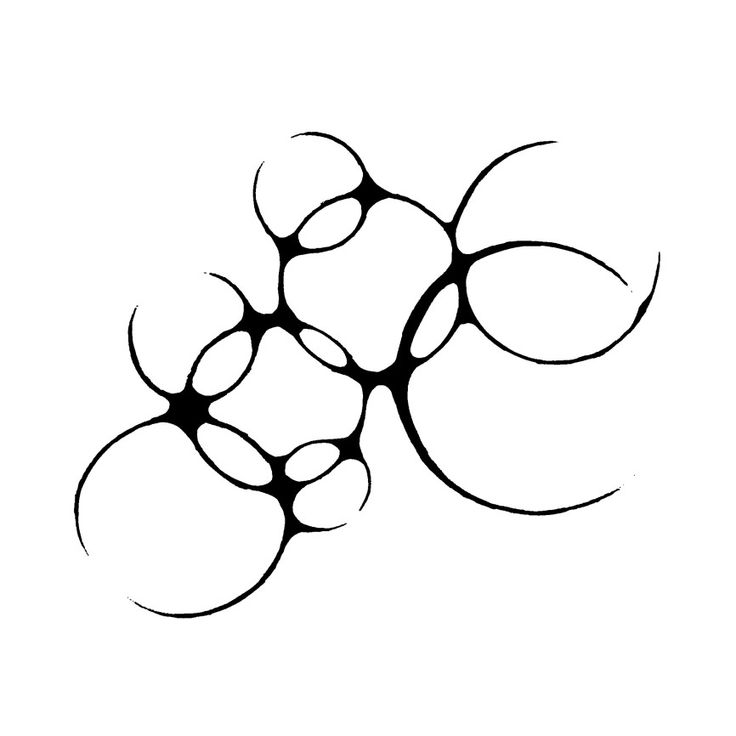The Bodies of [Urban] Finances – Eye of the Bear, the Bull, and the Rat [on]Capitalism
CRITICAL QUESTION: “How can urban planning and architectureactively resist the dominance ofspeculative capital, and instead promoteequitable, community-driven developmentthat prioritizes social cohesion and publiclife over the financialization of space?“ ——————————————————- The city is not just a physical construct of streets and buildings; it functions as a living entity, constantly shifting, shaped by the flows of CAPITAL … Read more



